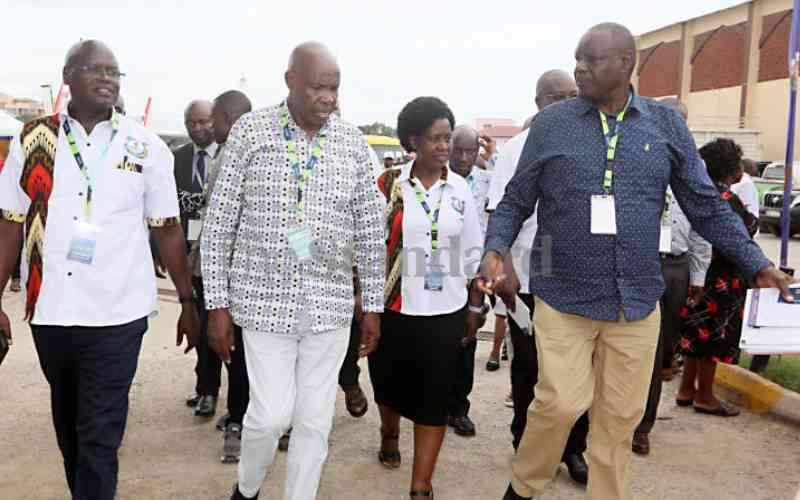×
The Standard e-Paper
Smart Minds Choose Us

The journey ahead is not looking any better for school heads and principals as public schools risk sliding into the same ditch as public universities.
Kenya Secondary Schools Heads Association (KESSHA) Chairperson Kahi Indimuli, foresees a situation where principals will soon be dragged to court by non-teaching staff for failing to pay salaries and remitting statutory deductions.